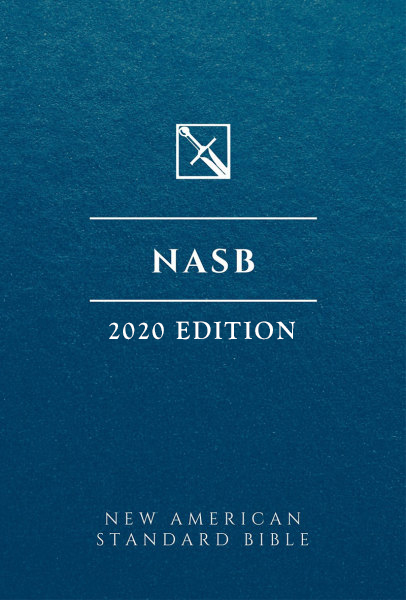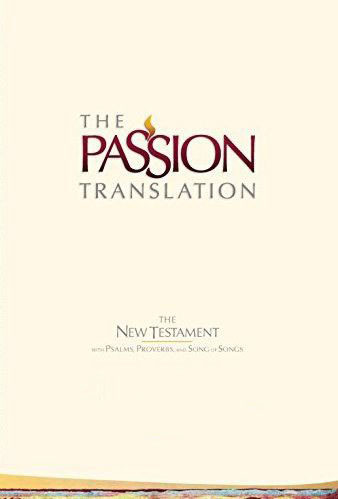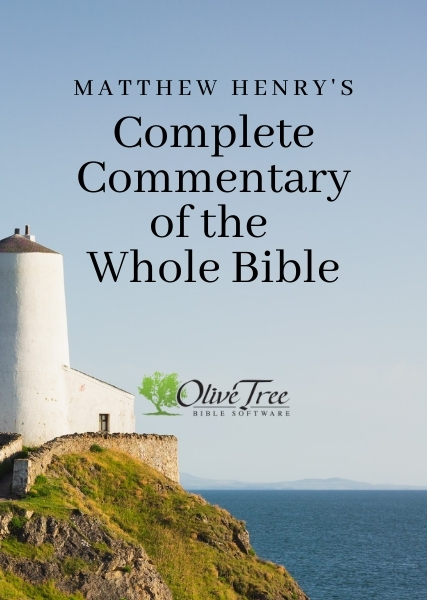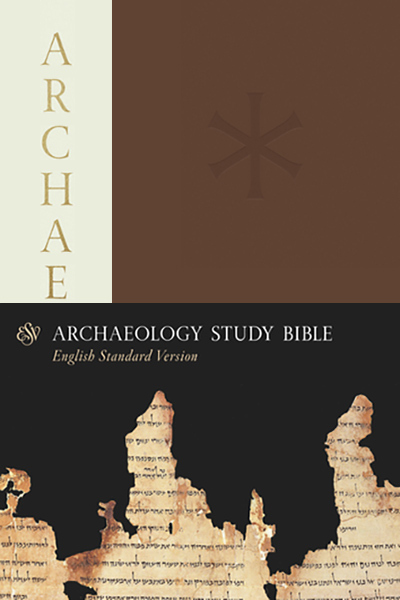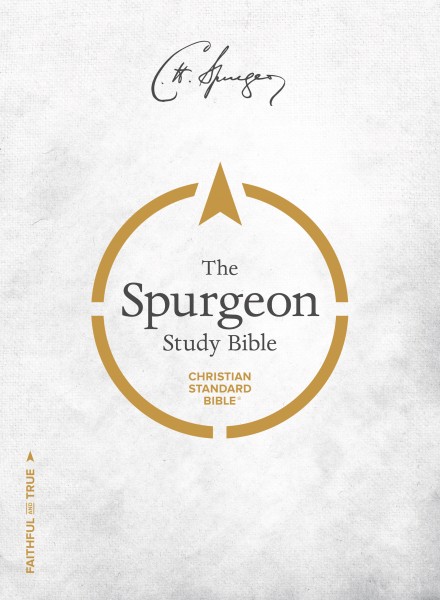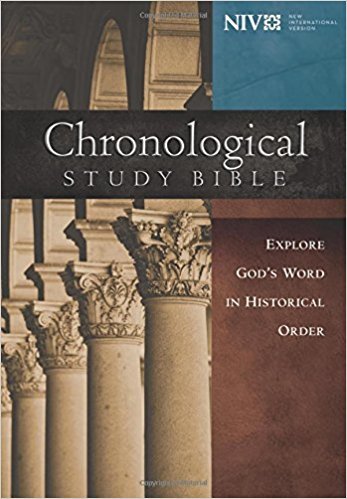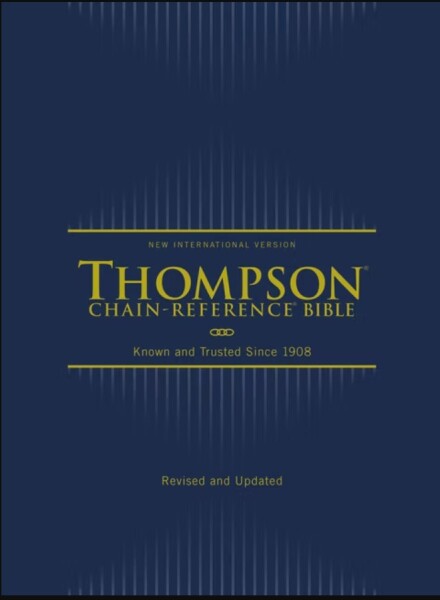

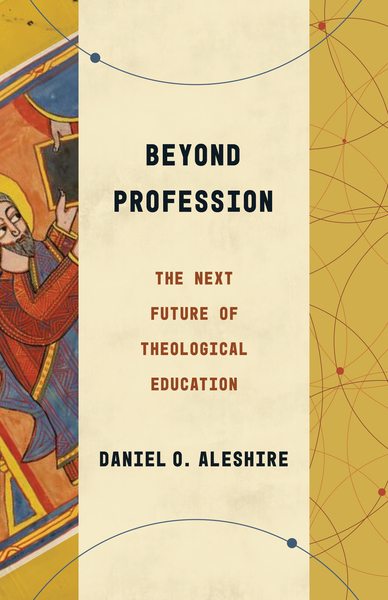

What should theological education become?
Theological education has long been successful in the United States because of its ability to engage with contemporary cultural realities. Likewise, despite the existential threats facing it today, theological education can continue to thrive if it is once again reinvented to fit with the needs of current times.
Daniel Aleshire, the longtime executive director of the Association of Theological Schools, offers a brief account of how theological education has changed in the past and how it might change going forward. He begins by reflecting on his own extensive experience with theological education and then turns to reviewing its history, dating back to the seventeenth century. Amid this historical survey, he uncovers an older model of the field that he believes must become dominant once again—what he calls formational theological education—and explores educational practices that this model would require.
The future of theological education described here by Aleshire would return seminaries to their original role as places where a “deep, abiding, resilient, generative identity as Christian human beings” is fostered within emerging Christian leaders. This, he argues, more than professional preparation, is what theological education must be most essentially about.





















